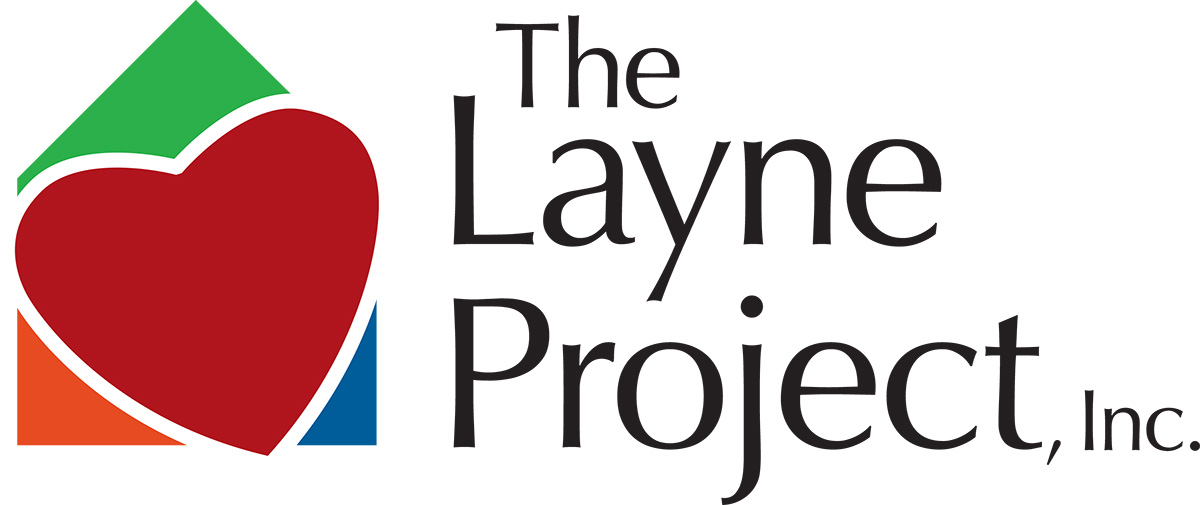Week 12: The Infinite Game – When Purpose Becomes the Only Option
 Some games have clear rules, a finish line, and a single winner. That’s the world of soccer, Monopoly, and spelling bees.
Some games have clear rules, a finish line, and a single winner. That’s the world of soccer, Monopoly, and spelling bees.
But co-parenting? That’s not a finite game. There’s no scoreboard. No final whistle. No single path to “winning.” Co-parenting is what Simon Sinek calls an infinite game—a relationship dynamic that unfolds over time, shaped by known and unknown players, evolving roles, and an ever-changing set of challenges and milestones.
And yet, so often, parents are handed tools for a finite game: custody schedules as battlefields, communication as performance, compromise as a loss.
BeH2O® emphasizes the goal isn’t to win against the other parent. It’s to keep playing—for the good of the child. That means leading with an infinite mindset.
So what does infinite-minded co-parenting look like?
1. It starts with a Just Cause.
Finite mindsets ask, “What’s best for me?” Infinite mindsets ask, “What are we building for them?” In BeH2O®, we start with mutual goals—a vision of the future we want for our children. These goals serve as the north star for communication, boundaries, and decision-making. They’re not about agreement on everything; they’re about shared commitment to something bigger.
2. It flexes, but doesn’t fracture.
Parents with an infinite mindset don’t cling to control; they adapt to protect the cause. That might mean adjusting expectations, re-evaluating roles, or restructuring systems—not to “win” a moment but to preserve long-term stability. An infinite-minded parent asks, “What will move us forward—not just today, but five years from now?”
3. It focuses on process over outcome.
In a finite mindset, a misstep becomes proof of failure. In an infinite mindset, it becomes fuel for growth. Tools like backcasting and premortems—built into the BeH2O® method—help parents anticipate pressure points, identify blind spots, and strengthen their systems before emotions hijack their decisions.
4. It builds trust, not fear.
Fear is a finite motivator. It narrows our lens and triggers self-preservation. Trust opens space. Infinite-minded co-parents build trust not just between each other but with teachers, therapists, relatives—ensuring that no one is asked to pick a side, only to support the child.
5. It’s not about being right. It’s about getting it right.
Co-parents who lead with an infinite mindset understand that stability comes not from certainty, but from systems that hold space for uncertainty. They build frameworks that outlast conflict, extend grace when things fall short, and return—again and again—to the shared mission: safeguarding childhood.
Because in an infinite game, the win isn’t in control. It’s in continuity.
And our children? They’re watching not for who “wins”—but for who shows up, again and again, to lead with purpose.
Check out Simon Sinek’s The Infinite Game here for inspiration.
